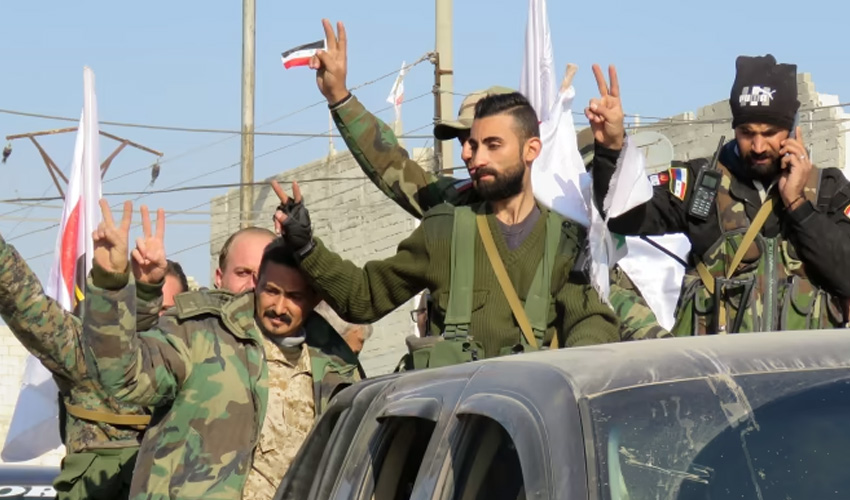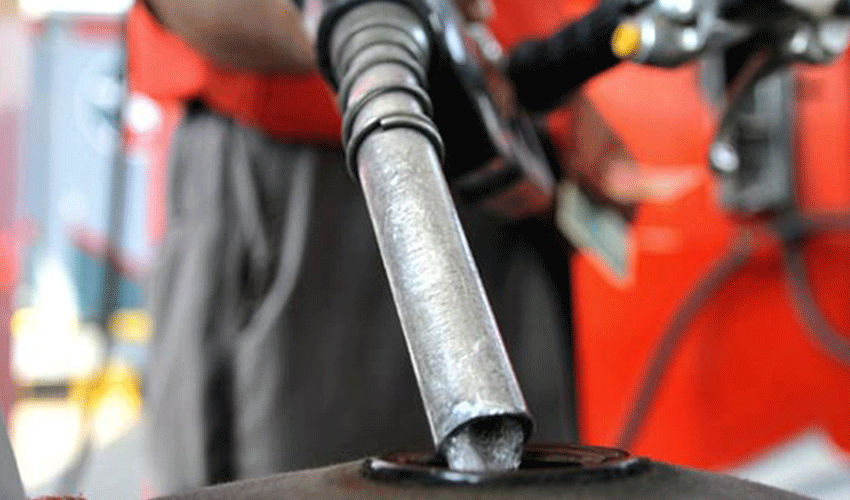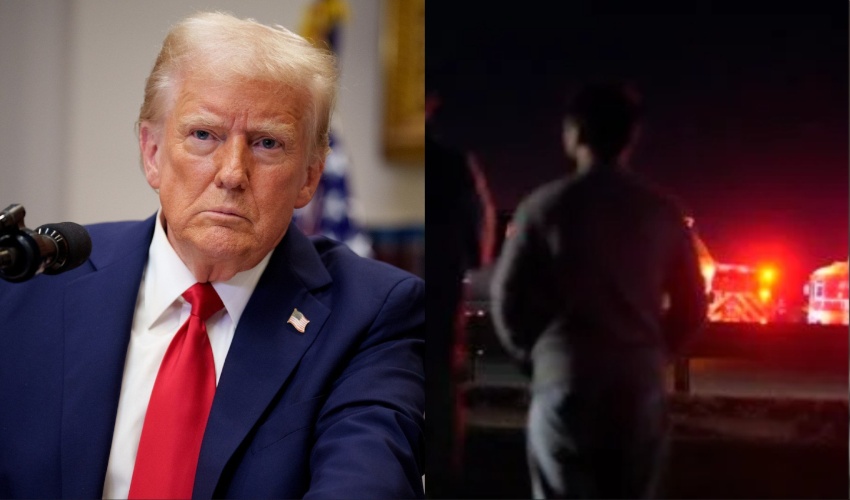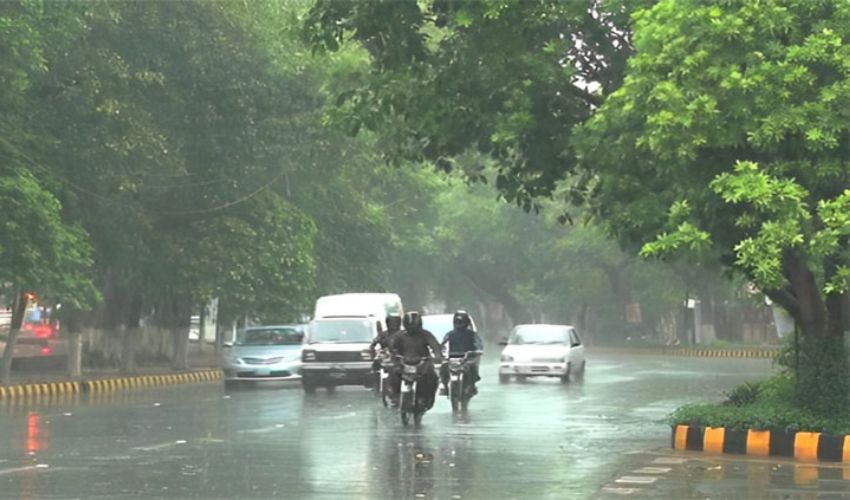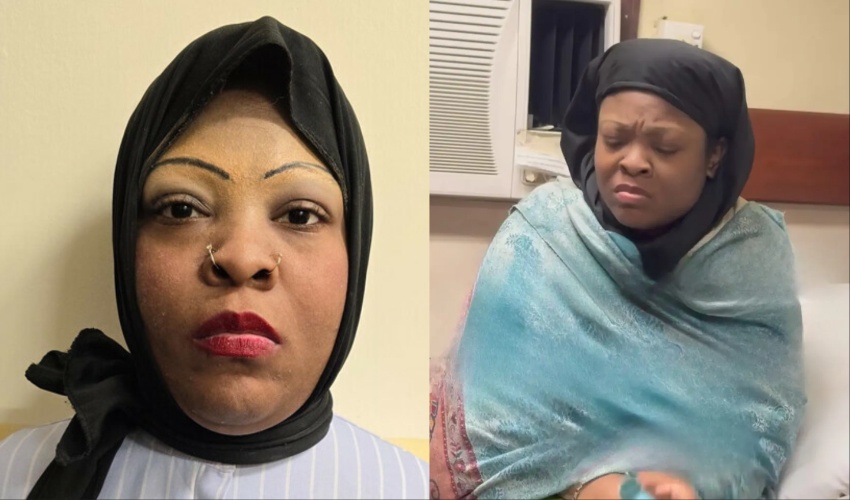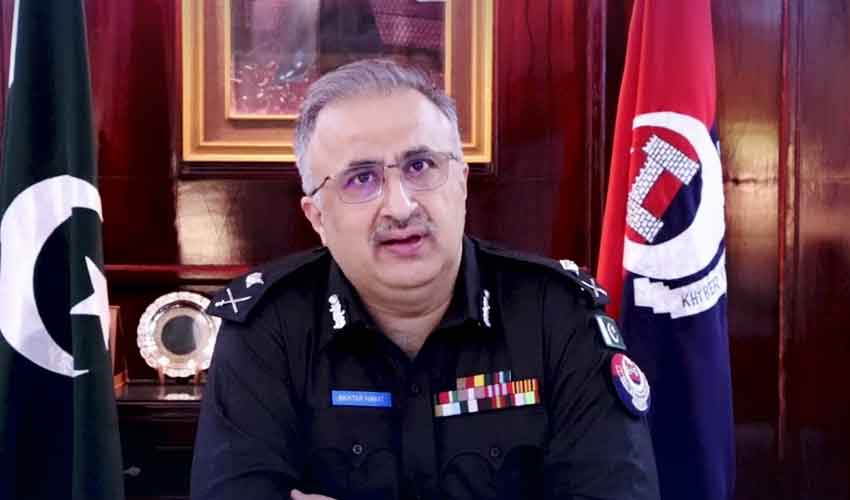Syria’s de facto leader Ahmed al-Sharaa has secured a landmark agreement with former rebel factions to dissolve their individual entities and integrate under the Ministry of Defence.
The development was confirmed in a statement by the new Syrian general administration on Tuesday, following a high-level meeting between al-Sharaa and leaders of the factions.
"The meeting concluded with the agreement on the dissolution of all groups and their integration under the supervision of the Ministry of Defence," the statement read.
However, the Kurdish-led and United States-backed Syrian Democratic Forces (SDF) in northeastern Syria remain excluded from the deal.
The announcement follows significant restructuring efforts led by Prime Minister Mohammed al-Bashir, who had proposed last week that the Ministry of Defence would incorporate former rebel factions and officers who had defected from Bashar al-Assad’s army.
Unification of former foes
The agreement aims to address longstanding concerns about integrating heavily armed groups that once opposed the regime during Syria's 13-year civil war.
Al Jazeera correspondent Resul Serdar, reporting from Damascus, described the move as the "most significant development" since the fall of the Assad regime.
"These groups, which claimed different territories in Damascus after the regime’s collapse, have now decided to merge under the Ministry of Defence," Serdar said.
Ahmed al-Sharaa, also the leader of Hayat Tahrir al-Sham (HTS) — a dominant military and political force — played a central role in the negotiations. Following a sweeping offensive earlier this month that brought HTS to power in Damascus, al-Sharaa has sought to consolidate authority and ensure stability.
Caretaker govt installed
In a move to formalise governance, al-Sharaa’s forces established a three-month caretaker government. Murhaf Abu Qasra, a prominent figure in the rebellion that toppled Assad, has been appointed defence minister in the interim government.
Al-Sharaa has pledged that all weapons in the country, including those held by Kurdish-led forces, will eventually come under state control. He also reassured visiting Western officials that HTS will neither seek retribution against members of the former regime nor target religious minorities.
"Our priority is reconstruction and economic development, not new conflicts," al-Sharaa said during a recent meeting.
Call for sanctions to be lifted
The diplomatic landscape surrounding Syria has also shifted, with Qatar reopening its embassy in Damascus after a 13-year hiatus. On Tuesday, Qatar called for the immediate removal of sanctions on Syria, arguing that the circumstances leading to their imposition no longer exist.
“It’s necessary to lift the sanctions quickly,” said Majed al-Ansari, spokesperson for Qatar’s Foreign Ministry. “The crimes of the former regime that led to these sanctions are no longer a factor.”
The reopening of diplomatic channels between Qatar and Syria marks a turning point in relations, signalling broader regional efforts to support Syria's reconstruction and stability.
The Assad regime, which ruled Syria for decades, collapsed on December 8 after rebel forces seized control of Damascus. Bashar al-Assad fled, ending his family’s longstanding rule.
The ongoing restructuring under Ahmed al-Sharaa is seen as a critical step in stabilising the war-torn nation and uniting fragmented forces under a central authority.





